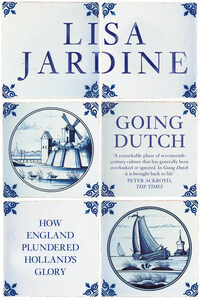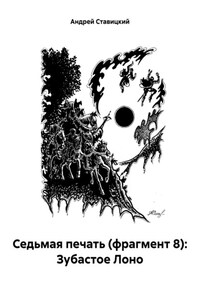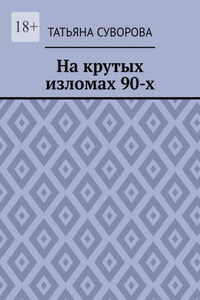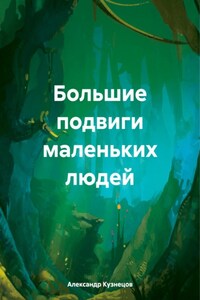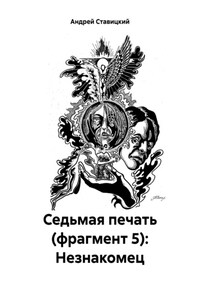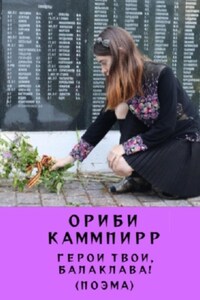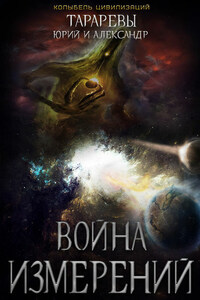This is a book about cultural exchange between England and the Dutch Republic â an extraordinary process of cross-fertilisation which took place in the seventeenth century, between the life and thought of two rapidly developing countries in northern Europe. The two territories, jostling for power on the world stage, politically and commercially, recognised that they had a great deal in common. Still, each of them represented itself â and has continued to do so ever since â as absolutely independent and unique.
As a historian I was prompted to write Going Dutch by recurrent questions I faced from readers of my previous work on the seventeenth century, including my biographies of Robert Hooke and Sir Christopher Wren, concerning the so-called âGlorious Revolutionâ (neither glorious, nor a revolution) of 1688. Could I explain what that was, and how it happened? Could I also explain how two countries which regularly declared themselves sworn enemies (to the point of declarations of war) in the period should, apparently seamlessly, have merged administrations and institutions by 1700?
When I tried to provide succinct, straightforward answers I quickly realised that I could not give a halfway comprehensible account of the arrival at Torbay in November 1688 of William III, Prince of Orange, with a large fleet and a considerable army, without providing my questioners with a complicated back-story. Indeed, in the end, the story leading up to the invasion turned out to be an involved, far-reaching narrative on an almost epic scale, that needed to be told. So here it is.
Aside from such direct requests for information, as someone with an abiding interest in the way cultural currents and patterns of thought form and are sustained through time, I was drawn to thinking about AngloâDutch relations in the seventeenth century because in my own research I found myself increasingly unable to understand the intellectual, cultural and scientific worlds of Britain and the Netherlands if I kept them apart. Documents â letters and manuscripts â relating to the rise of science in the period, for example, regularly involved correspondents or collaborators across the water. Would British members of the Royal Society in London, including Robert Boyle, Wren and Hooke, have arrived at many of their important original scientific and technological discoveries if they had not been in continuous and mutually advantageous intellectual contact with their Dutch counterparts, among them Christiaan Huygens, Anton van Leeuwenhoek and Jan Swammerdam?
In art and music the cross-fertilisation was even more obvious as soon as one gave the matter any serious attention. Musicians moved between the courts at London and The Hague, exchanging repertoires and techniques. Almost without exception, the great painters of this period, whose works hang prominently at the National Gallery and Tate Britain in London, and include many familiar portraits of the English royal family and prominent members of the court and city circles, were of Netherlandish origin, including, most obviously, Anton van Dyck, Pieter Lely and Pieter Paul Rubens. Of course, there were other players in the cultural exchange game (France in particular), but it seemed to me that the interplay between Britain and the Low Countries deserved more attention than it had traditionally been given.
There also seemed to me to be a seductive similarity between the fortunes of the United Provinces (the seven provinces of the northern Netherlands) at the end of the Dutch Golden Age, and that state Britain finds itself in today. Visibly losing power on the world stage, and with her commercial supremacy increasingly challenged by other enterprising nations, the Dutch Republic nevertheless continued to hold its place culturally in Europe. Its style and taste, in everything from art, architecture and music to faïence, lace and tableware, permeated the European sensibility â and beyond it, the sensibilities of those settling new lands across the ocean (faïence and silverware made to the highest Dutch standards survive from the early Dutch colonies on the east coast of the United States). That Dutch sensibility continued to exert influence long after the Dutch nation had lost its last foothold on world power, and might be considered, I shall argue, still to define what we consider northern European in cultural terms today.
